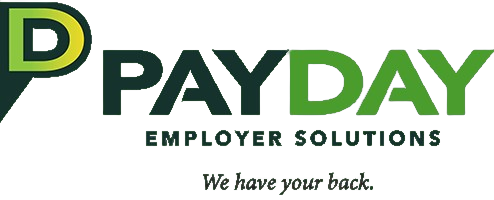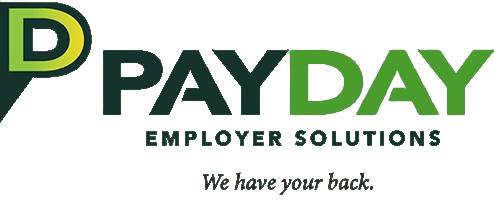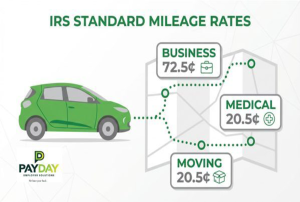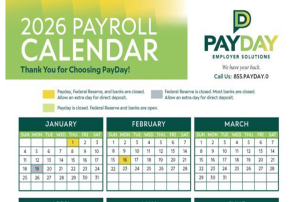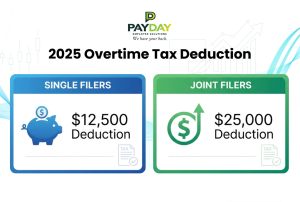The Secure Act of 2019 and the SECURE 2.0 Act, coupled with subsequent updates under the CARES Act, brought significant changes to retirement planning. These changes particularly impact small businesses and their ability to provide 401(k) plans to their employees. As states like New Jersey, New York, and Pennsylvania implement their own variations of secure retirement acts, it’s crucial for small business owners to stay informed and compliant. This article delves into the specifics of these acts and offers practical advice on managing retirement benefits effectively.
Key Changes in the CARES Act and Secure Act
The Secure Act has enhanced retirement security for many Americans by introducing several key changes, such as:
- Raising the Age for Required Minimum Distributions (RMDs): From 72 to 73 in 2023, and it will further increase to 75 in 2033.
- Higher Catch-Up Contributions: Starting in 2025, individuals aged 60 to 63 can make catch-up contributions up to $10,000 annually, indexed to inflation.
- Roth Accounts Exemption: Starting in 2024, RMDs will no longer be required from Roth accounts in employer retirement plans.
- Offering Tax Credits to Small Businesses: Incentives for setting up retirement plans.
- Small Financial Incentives: Employers can offer incentives like gift cards to encourage retirement plan contributions.

Understanding New Jersey’s Secure Choice Savings Program under the Secure Act
New Jersey’s Secure Choice Savings Program mandates that businesses with 25 or more employees must offer a retirement savings plan. Key features include:
- Automatic Enrollment: The program automatically enrolls employees at a 3% contribution rate unless they opt-out.
- Portability: Accounts are portable, allowing employees to retain their savings if they change jobs.
For more information, visit the official New Jersey Secure Choice Program.
Additionally, understanding the local regulations can help align the company’s retirement plans effectively.
Exploring New York’s Secure Choice Savings Program and the CARES Act
New York’s Secure Choice Savings Program is similar, focusing on providing access to retirement savings for employees of small businesses. Notable aspects include:
- Employer Requirement: Businesses with ten or more employees that have been operating for at least two years must offer a retirement plan.
- Simple IRA Setup: The program facilitates the establishment of SIMPLE IRAs, which are easier to manage compared to traditional 401(k) plans.
For more information, visit the official New York Secure Choice Savings Program Board.
Pennsylvania’s Retirement Program

Pennsylvania’s retirement program, managed by the State Employees’ Retirement System (SERS), offers several options designed to provide financial security for state employees. Key features include:
- Defined Benefit Plan: Guarantees monthly retirement payments based on salary and years of service.
- Defined Contribution Plan: Allows employees to invest in retirement savings accounts with contributions from both the employee and the employer.
- Hybrid Plan: Combines elements of both defined benefit and defined contribution plans.
- Deferred Compensation Plan: Voluntary supplemental retirement savings plan.
For more information, visit the Pennsylvania State Employees’ Retirement System.
Benefits of Secure Retirement Plans under the CARES Act and Secure Act
Implementing secure retirement plans offers several advantages to small businesses, including:
- Attracting Talent: Offering retirement plans can significantly enhance your ability to attract and retain employees.
- Tax Incentives: Both federal and state-level tax credits can offset the costs of setting up and maintaining retirement plans.
- Employee Retention: Employees with access to retirement benefits are more likely to stay with their employers long-term.
Steps for Small Businesses to Comply with the CARES Act and Secure Act
- Assess Current Offerings: Evaluate any existing retirement plans and consider how they align with state requirements.
- Choose the Right Plan: Decide between state-managed plans or private options like 401(k)s or SIMPLE IRAs based on your business’s needs.
- Educate Employees: Ensure your employees understand their benefits and the importance of retirement savings.
- Seek Professional Advice: Consult with financial advisors or payroll service providers like PayDay Employer Solutions to streamline the setup and management of retirement plans.
Summary of CARES Act and Secure Act in NJ, NY, and PA
Navigating the complexities of the CARES Act and Secure Retirement Acts in New Jersey, New York, and Pennsylvania can be challenging for small businesses. However, understanding these regulations and implementing compliant retirement plans not only ensures legal compliance but also benefits both employers and employees. Stay proactive, consult experts, and make retirement security a cornerstone of your employee benefits strategy.
Get Professional Guidance
For more insights and professional guidance on managing your business’s payroll and retirement benefits with PayDay Employer Solutions’ fully integrated 401k solutions, Contact Us. Our experts are here to help you navigate the complexities and ensure your business stays compliant and competitive.
